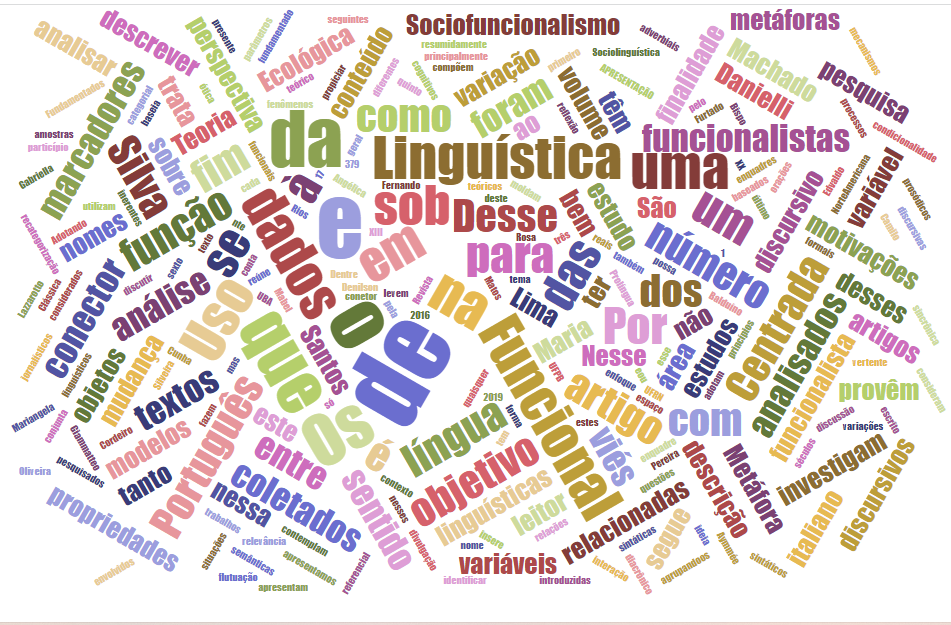¿Por qué aprendemos portugués?
DOI:
https://doi.org/10.22478/ufpb.1983-9979.2022v17n1.62552Keywords:
sociolingüística, imágenes, didáctica, portugués lengua extranjeraAbstract
This article is the result of doctoral research, which formed a study on the evolution of representations associated with the Portuguese language and its speakers by multilingual adult learners in the city of Barcelona, Spain. From a sociolinguistic perspective, the study proposal was divided into three phases: in the first, the representations produced by the learners in the different stages of the learning process between 2016 and 2019 were identified, using different methodological tools; the second consisted of analysing the samples identified in the previous phase, showing the indicators that determine the evolution or not of the observed representations; and the third and last one consisted in comparing the impact or not of these representations in the different stages of language learning. The objective of the research sought not only to identify what the learners thought, but mainly to understand how these representations could or could not interfere in the learning process, and from there, reflect on a methodological adaptation in teaching practice. The results indicated that the representations were the motivating mechanism of language learning.








